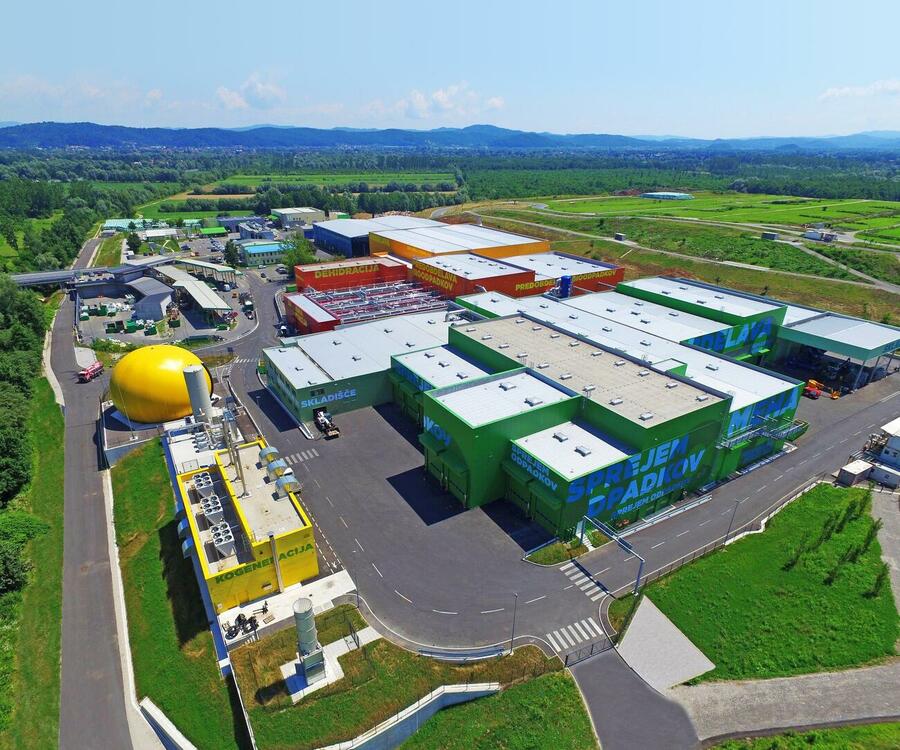International Zero Waste Day
On 30 March, we mark the International Zero Waste Day, proclaimed by the United Nations General Assembly in 2022. Ljubljana adopted its Waste Management Strategy or the Zero Waste Plan for the period 2014–2035 back in 2014 and became a member of the Zero Waste Europe network in the same year, making us the first capital city in the European Union to join this network.
We ensure the implementation of the Zero Waste Strategy
In waste management, the City of Ljubljana is guided by the principles of sustainable development and the circular economy and encourages citizens to make responsible decisions towards society and the environment. We ensure the implementation of the key principles of the Zero Waste strategy and successfully follow the path to achieve the goals: reducing the use of primary resources, preventing waste generation at source, reusing, increasing the proportion of all separately collected fractions and ensuring closed recycling loops for as many material flows as possible. All the activities we carry out include elements of communication, education and awareness-raising, as we are aware that this is the only way to change our thinking and consequently our behaviour, which will enable us to become a society on the path to zero waste (Zero Waste society).
RCERO Ljubljana – the most modern waste processing facility in Europe
The Ljubljana Regional Waste Management Centre (RCERO Ljubljana), which started regular operations in 2016, is the most modern waste processing facility in Europe and the best example of regional cooperation in Slovenia, uniting almost 60 municipalities with around 890,000 residents. The key mission of the regional centre is to extract as many usable materials or raw materials as possible from mixed waste and to produce compost from separately collected organic waste. After processing the waste, we can dispose of a smaller amount of waste at the Barje landfill than would otherwise be the case. On 20, March 2024, RCERO reached a new milestone, processing one million tons of mixed municipal waste. Because we separate the waste well (70%) and thus reduce the amount of waste in black containers, we can boast of ensuring sustainable environmental management and making a significant contribution to reducing pollution.


